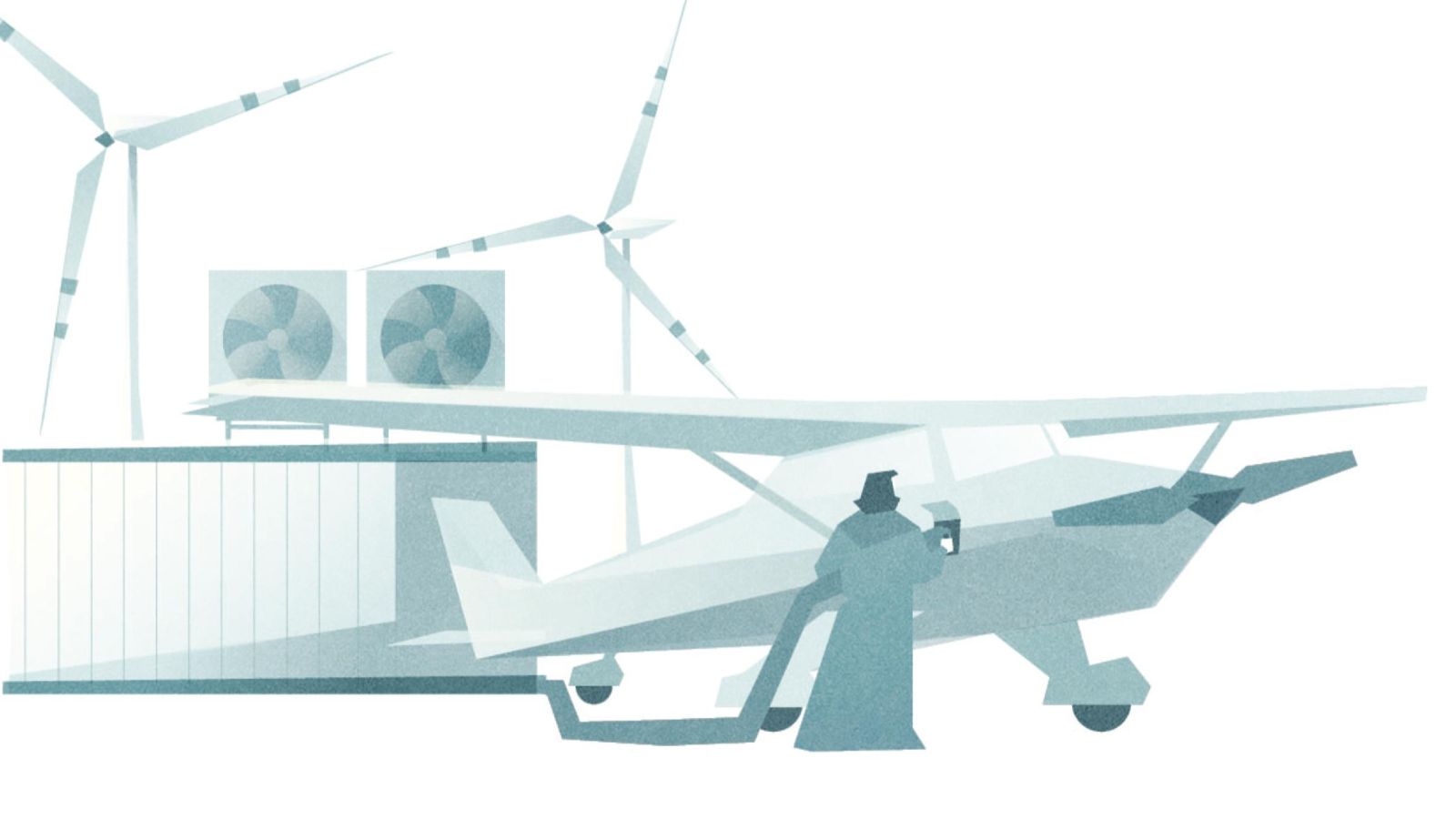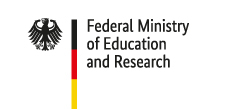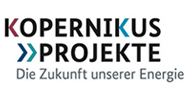Kopernikus Projects
Advancing the Energy Transition: structure, aims and topics of the Kopernikus projects
The Kopernikus projects are currently among the largest research initiatives in Germany and certainly leading the way in terms of the energy transition. They make a significant contribution to Germany's capacity to achieve its climate goals.

-
The ENSURE project is developing the power grid of the future.
-
The P2X project investigates the conversion of CO2, water, and electricity from renewable sources into gases, fuels, chemicals, and plastics.
-
The SynErgie project studies how energy-intensive industrial processes can be made more flexible in order to adapt them to the availability of renewable energy sources.
- The Ariadne project analyses in a joint learning process between science and society how policy measures work – from individual sectors to the big picture.
In all projects, science, economy, industry and civil society work closely together. They jointly develop solutions to the point of market readiness in three phases spanning a total of ten years - research that delivers results.
To ensure the greatest possible success, the Kopernikus projects are structured in three phases:
-
Phase 1: Concepts and theory: 2016 to 2019 (successfully completed)
-
Phase 2: Validation and preparation of the practical phase: 2019 to 2022 (successfully completed)
-
Phase 3: Transfer of the developed technologies to demonstration facilities: 2022 to 2025
Analogous to their namesake Nicolaus Copernicus (German spelling: Nikolaus Kopernikus), who introduced the heliocentric model of the solar system in 1543 and thus triggered a change in science and society, the Kopernikus projects are intended to induce a paradigm shift. The initial step is taken by these research projects, which drive change in our entire society.
Since society and scientific advances are constantly evolving, Kopernikus projects are designed to be flexible and adaptable to change. If the state of scientific knowledge changes, the focus of the Kopernikus projects can also be altered. Distinct milestones define the aims to be achieved by each project and by which its success can be measured.
The Kopernikus projects have set new standards in funding policy: 90 institutions and organisations from all areas of society were asked which research topics they believe are crucial for the success of the energy transition. Their answers formed the basis for research guidelines and calls for proposals. Around 1,000 institutions applied for funding in 41 project proposals in 2016. The teams from science, business and civil society selected for funding were in turn chosen by teams of representatives from science, business and non-governmental organisations.

